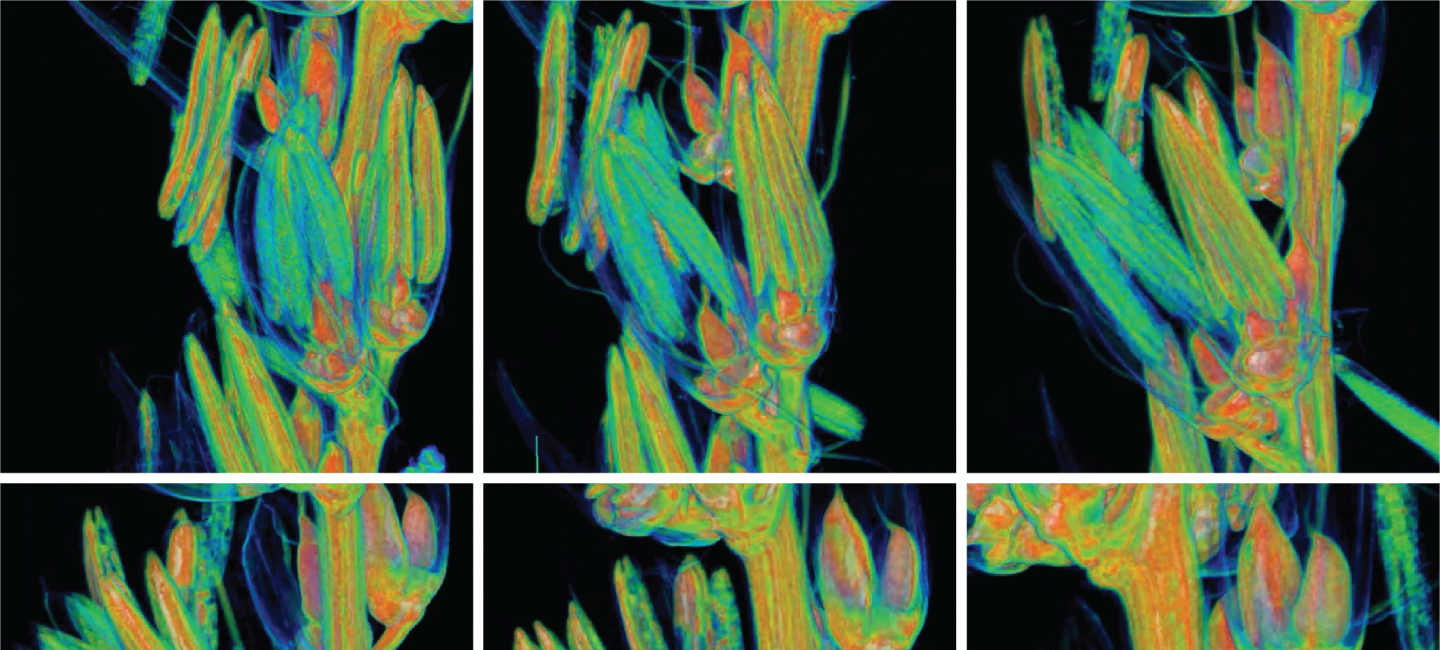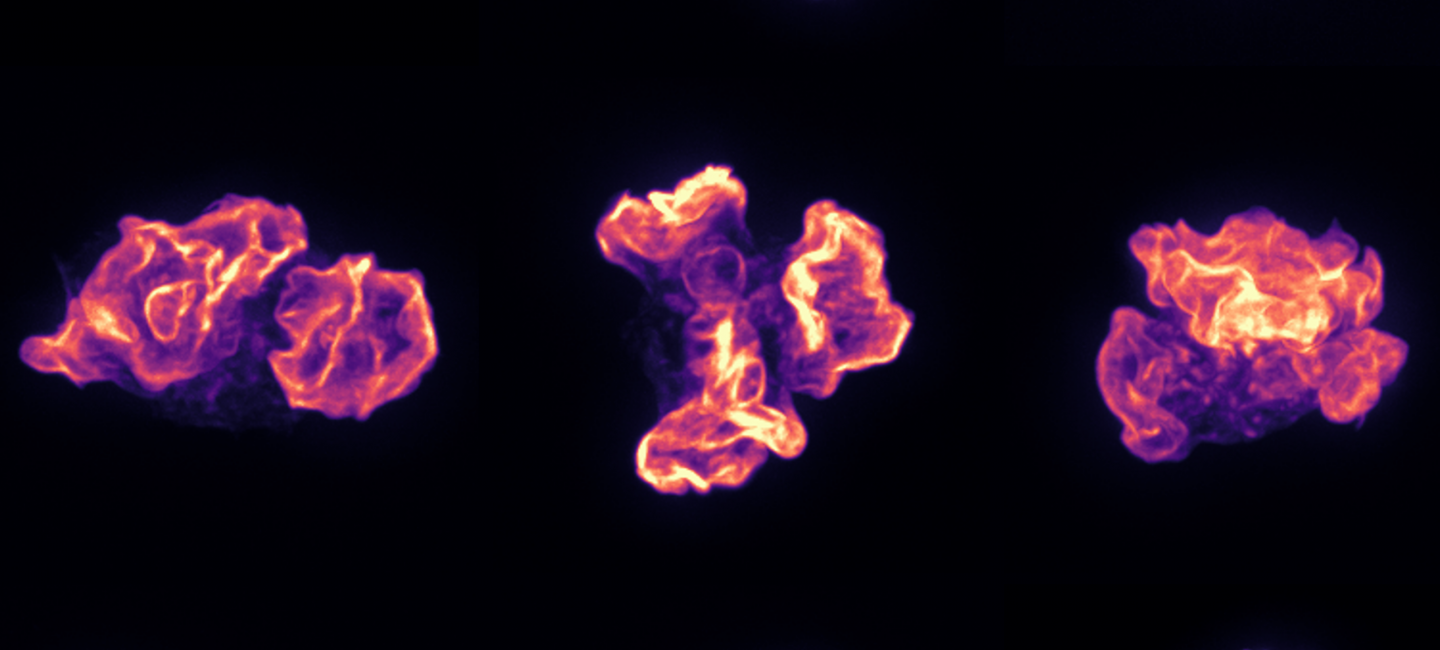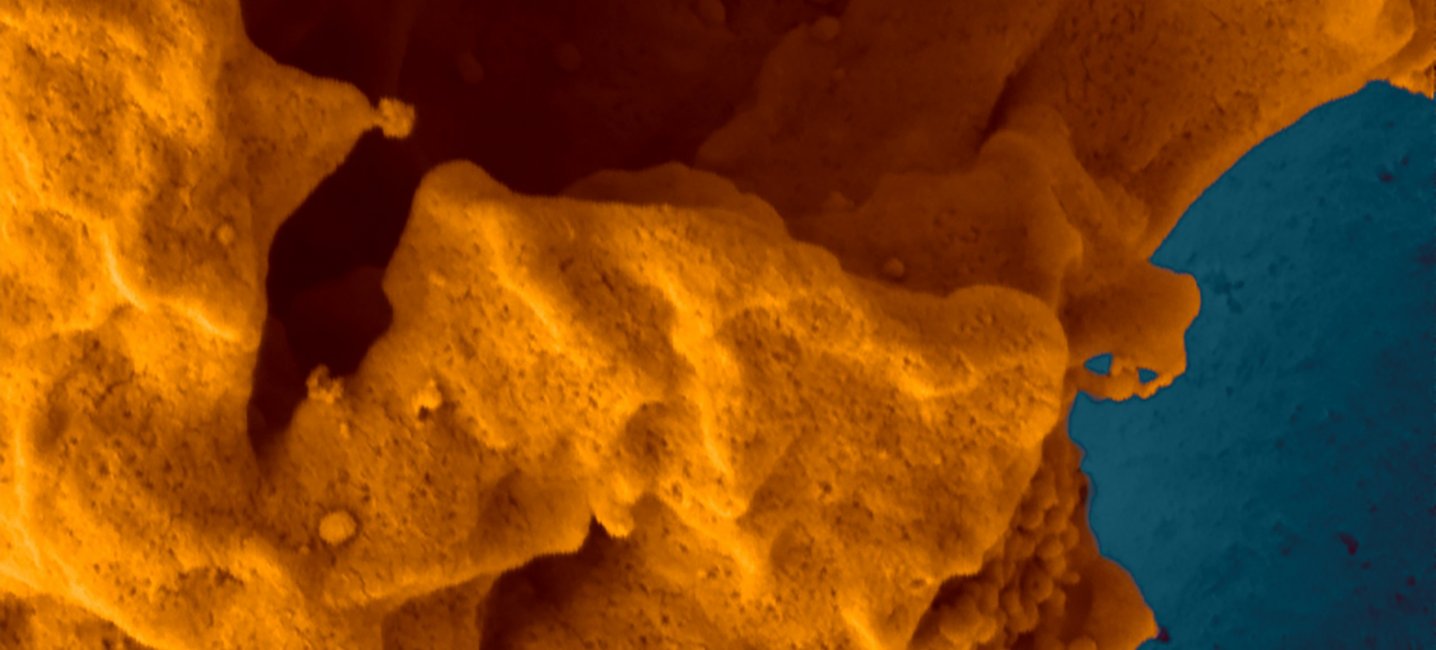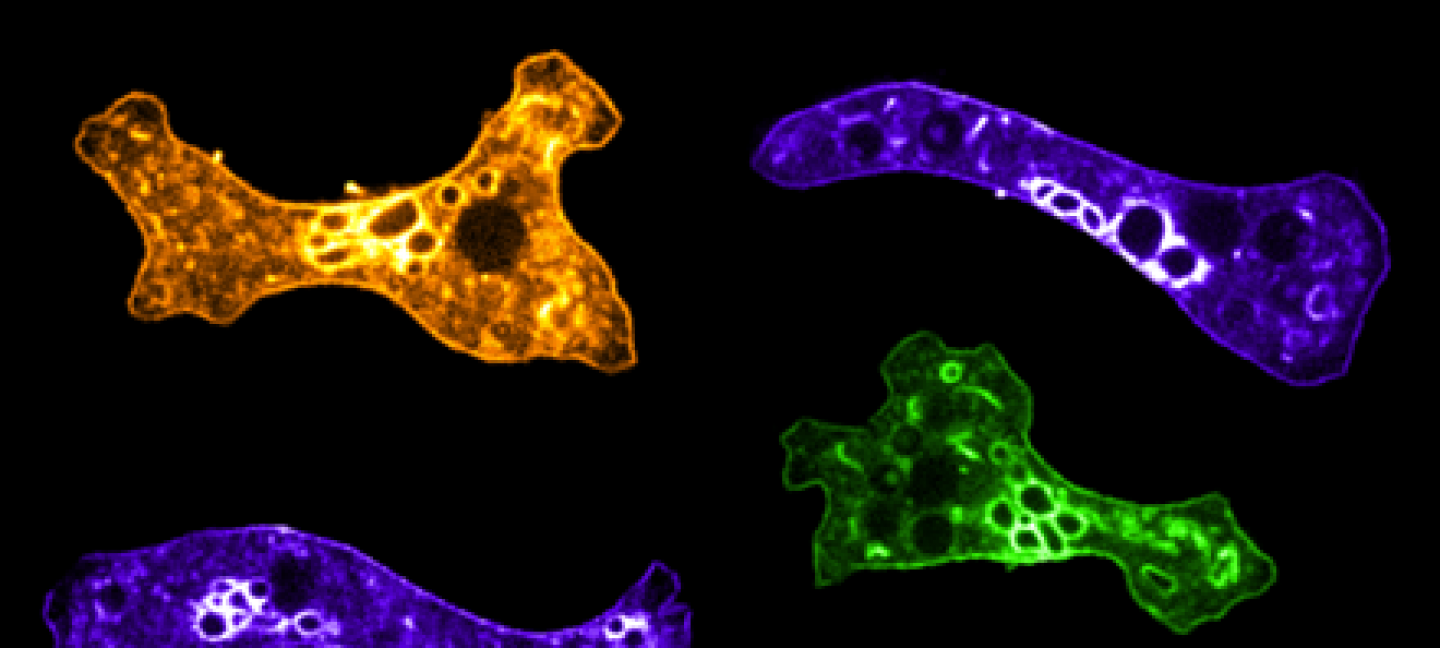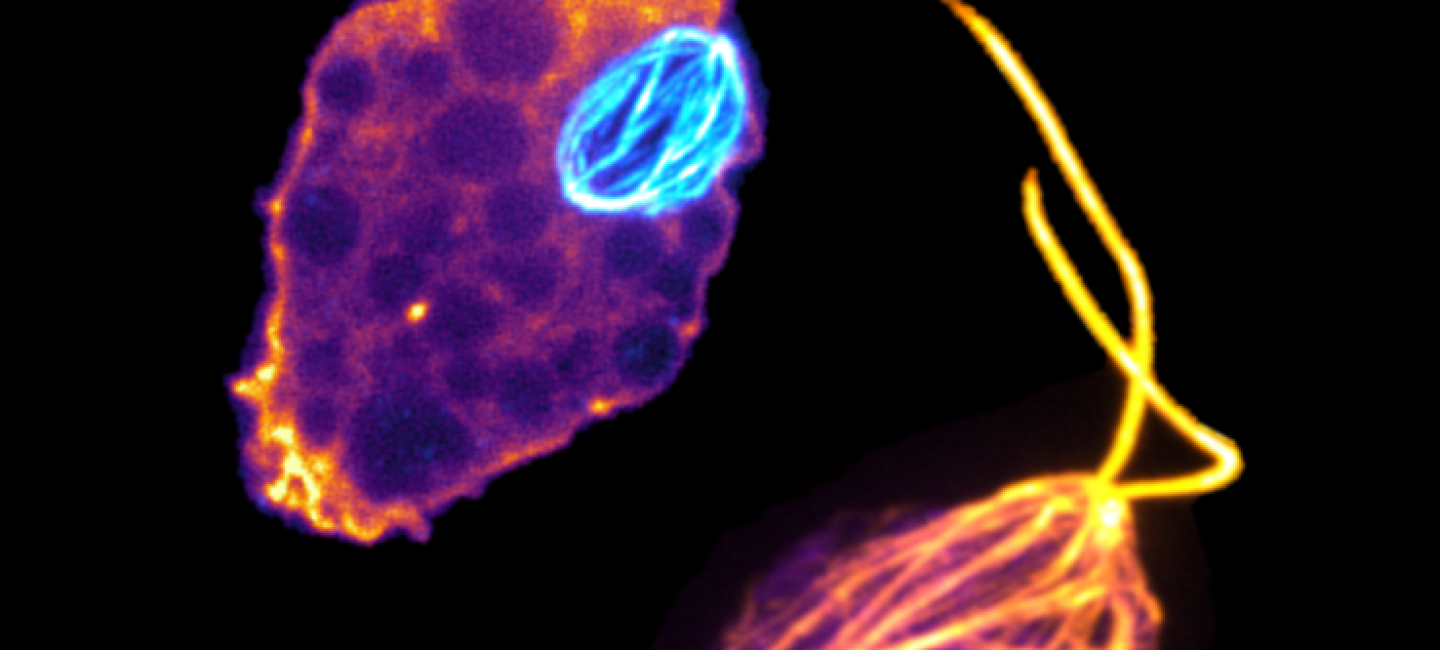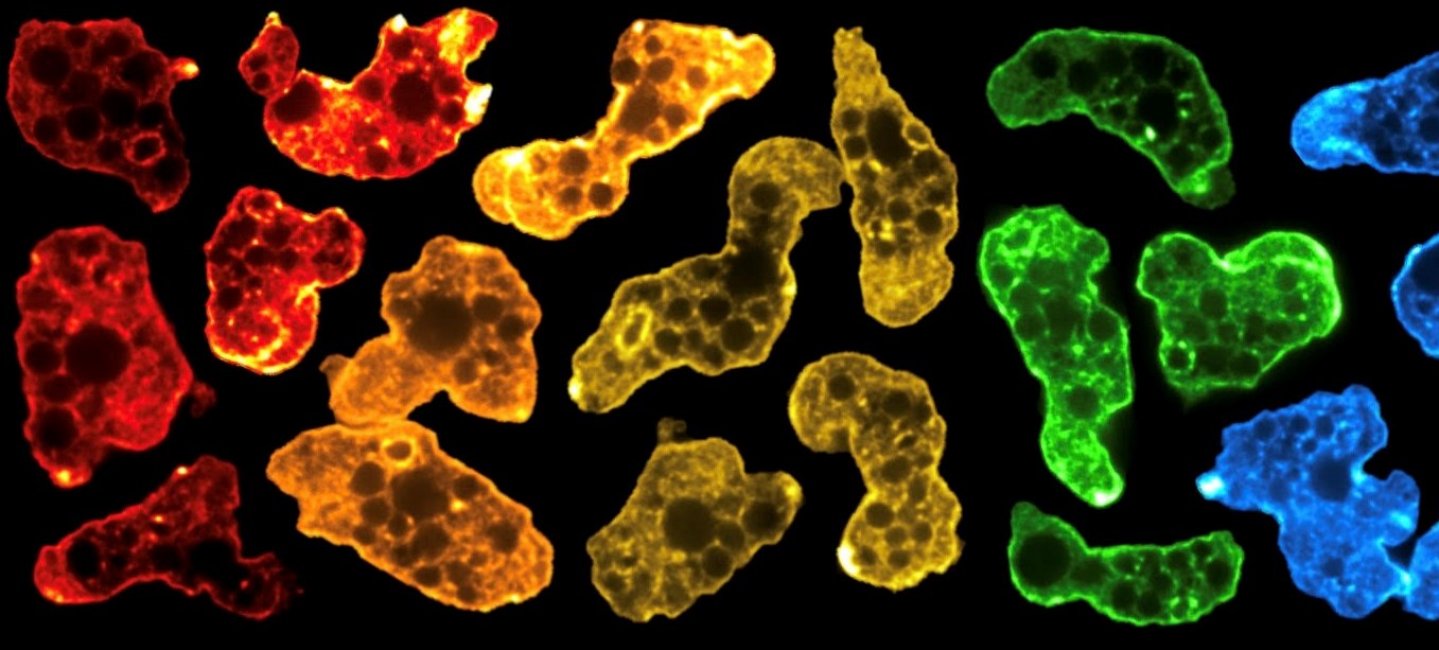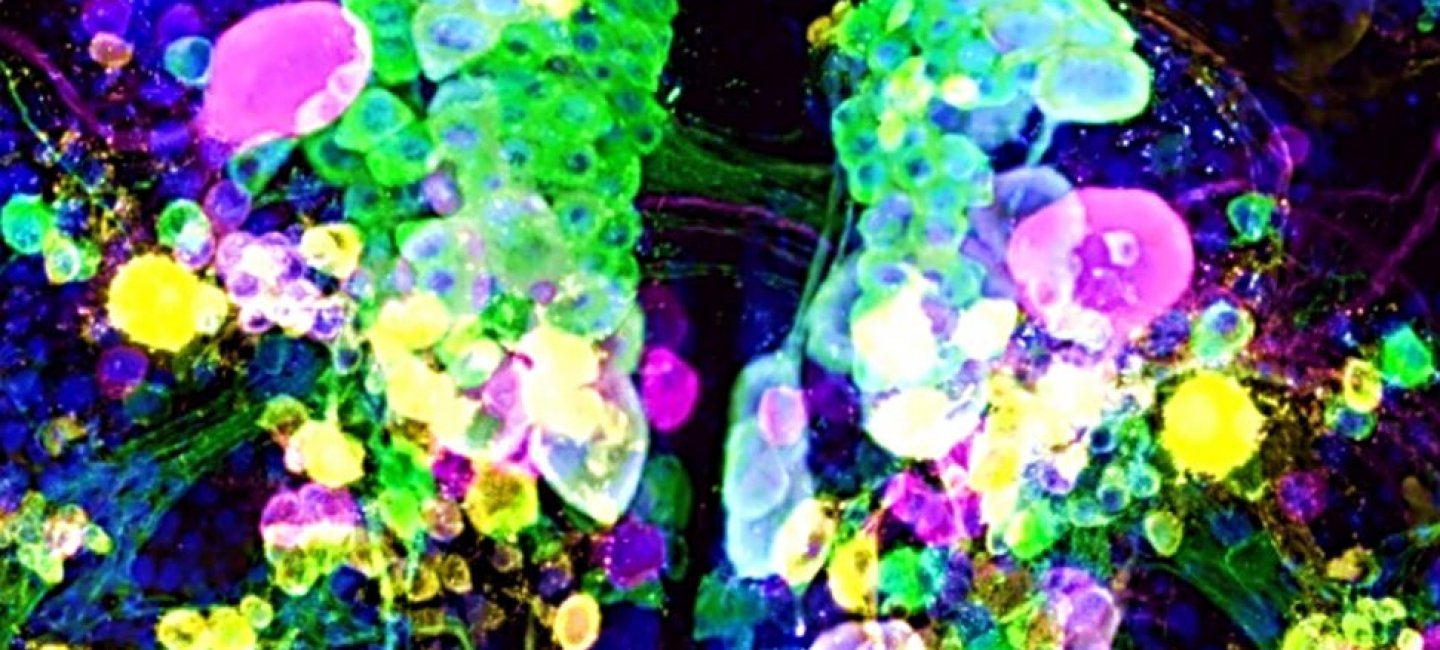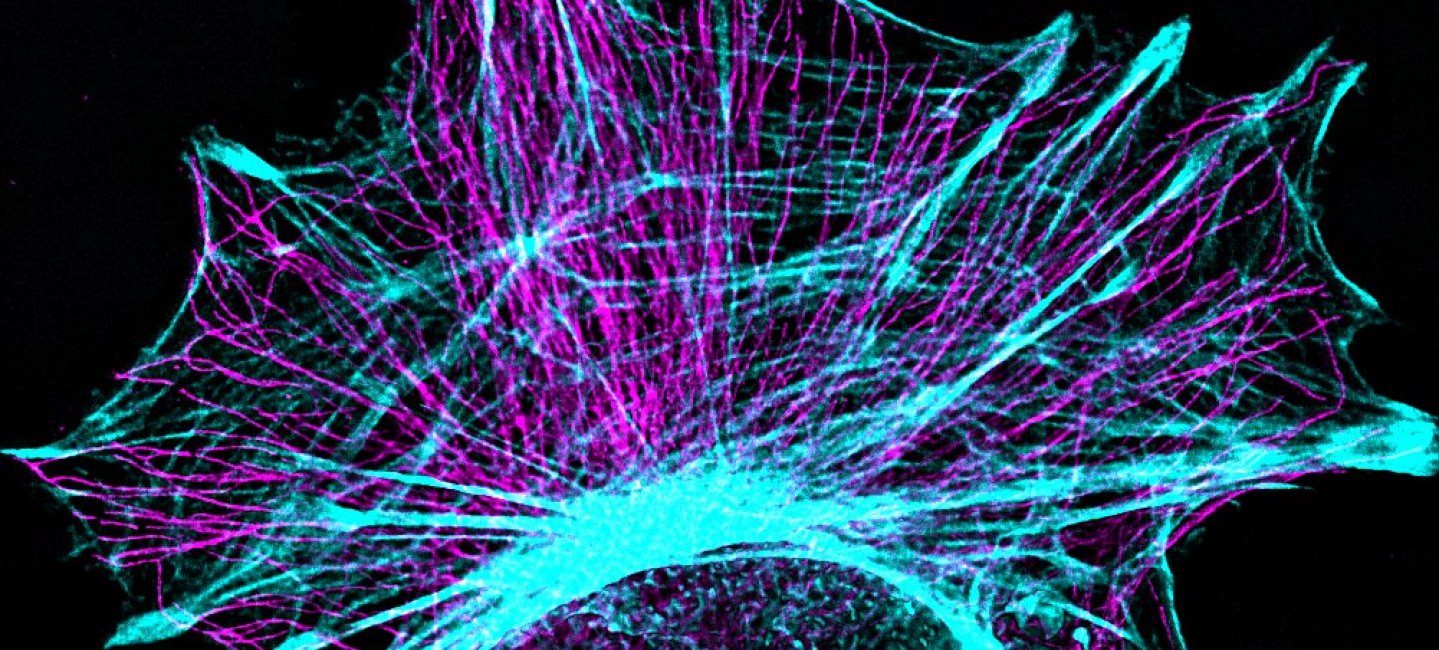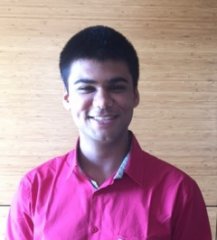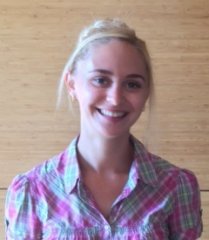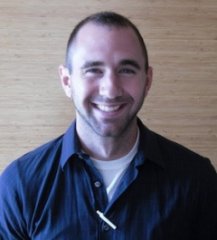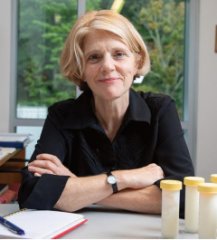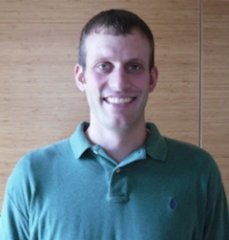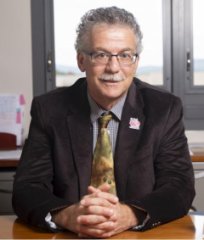News & Announcements
New Details Revealed on How Plants Maintain a Healthy Sperm-Egg Ratio: UMass Amherst biologists show mechanism for avoiding polyspermy in plants
New Details Revealed on How Plants Maintain a Healthy Sperm-Egg Ratio: UMass Amherst biologists show mechanism for avoiding polyspermy in plants
Current molecular biochemistry, microscopy and genetic techniques have become so powerful that scientists can now make mechanistic discoveries – supported by multiple lines of evidence – about intimate processes in plant reproduction that once were very difficult to examine, says molecular biologist Alice Cheung at the University of Massachusetts Amherst.
She is the senior author of a new paper in Nature describing how she and her team used such tools to solve, in unprecedented detail, the mechanisms of how flowering plants avoid polyspermy. As the name suggests, polyspermy results from multiple sperm entering and fertilizing an egg, a condition harmful to the zygote. In plants, preventing polyspermy also means higher chances for more females to be fertilized and ensures better seed yields, both of which are agriculturally important, Cheung points out. Read more
Five College of Engineering Faculty Win NSF CAREER Grants
Five College of Engineering Faculty Win NSF CAREER Grants
The College of Engineering for the first time has five faculty members who have been awarded National Science Foundation’s (NSF) Faculty Early Career Development (CAREER) grants. Four of the recipients of the five-year grants, Lauren B. Andrews, Peter J. Beltramo, Jungwoo Lee and Sarah L. Perry, are assistant proferssors in chemical engineering, while Xian Du is an assistant professor in mechanical and industrial engineering.
Andrews, the Marvin and Eva Schlanger Faculty Fellow in chemical engineering, will do research studying how communities of bacteria can be engineered to have coordinated behaviors. This will have numerous applications in biomanufacturing, cell-based therapies, and medical diagnostics. Andrews’s $589,060 grant will fund research into developing a new approach for effectively programming how cells in a bacterial community work together in a predictive and highly controllable way.
Lee says his $549,710 grant will fund research that could lead to a greater understanding through which bone remodeling and blood forming processes are functionally coupled in porus, or trabecular bone cavities, by creating tissue engineered stem cell bone marrow models. Read more
Archit Rastogi PhD Dissertation Defense
Archit Rastogi PhD Dissertation Defense
Monday, March 30, 2020
2:00 PM
Zoom link: https://umass-amherst.zoom.us/j/364357099
Dissertation Title: "Redox Signaling in the Zebrafish Embryo and Implications for Endocrine Pancreas Morphogenesis"
Advisor: Alicia Timme-Laragy
Exploring the ‘Dark Matter’ of the Cell
Exploring the ‘Dark Matter’ of the Cell
There is a little-understood realm inside cells that cell biologist Tom Maresca likes to think of as the cell’s dark matter, something like the largely unknown stuff that is so abundant in space. Maresca recently received a four-year, $1.3 million grant renewal from the National Institute of General Medical Sciences to use specialized tools to learn more about this less-studied inner universe of the cell.
For the new grant, Maresca and colleagues will collaborate with biophysicist Nathan Derr at Smith College to focus on unstructured proteins in an essential structure called the kinetochore. It ensures that chromosomes are evenly split between cells when they divide. Failure to achieve this, Maresca explains, leads to cells acquiring an incorrect number of chromosomes, which is known as aneuploidy – a condition that causes miscarriage, genetic disorders, tumorigenesis and possibly cancer metastasis. The long-term goal is to identify basic cell processes that can be targeted by therapies to control aneuploidy. Read more
Constance Angelou PhD Dissertation Defense
Constance Angelou PhD Dissertation Defense
Wednesday, March 11, 2020
9:00 AM
Life Sciences Laboratory, Room S330
Dissertation Title: “Defining the let-7 microRNA-mediated molecular mechanisms regulating T cell differentiation”
Advisor: Leonid Pobezinsky
Rilee Zeinert PhD Dissertation Defense
Rilee Zeinert PhD Dissertation Defense
Thursday, March 19, 2020
9:30 AM
Zoom link: https://umass-amherst.zoom.us/j/7247417123
Dissertation Title: "The Lon protease integrates protein quality control with DNA damage responses in Caulobacter crescentus"
Advisor: Peter Chien
He Yang PhD Dissertation Defense
He Yang PhD Dissertation Defense
Tuesday, March 24, 2020
10:30 AM
Zoom link: https://umass-amherst.zoom.us/j/870491387
Dissertation Title: "Accessory genes contribute to rewiring the transcriptional network in Fusarium oxysporum"
Advisor: Li-Jun Ma
Kathleen Arcaro Aims to Develop New Screening for BRCA-Positive Breastfeeding Women
Kathleen Arcaro Aims to Develop New Screening for BRCA-Positive Breastfeeding Women
Breastfeeding women with a pathogenic BRCA1 or BRCA2 genetic mutation face a significant risk, even at a young age, of breast and ovarian cancer. Yet no fully effective breast cancer screening method exists for nursing mothers in this high-risk group, some of whom are diagnosed after the disease has spread, possibly becoming fatally metastatic.
University of Massachusetts Amherst cancer researchers hope to change that by developing a new, noninvasive test that uses women’s breast milk to detect breast cancer in its earliest stages. New mothers, and to a greater extent those with a BRCA mutation, face an increased risk of pregnancy-associated breast cancer (PABC), which is often aggressive, for about a decade postpartum. “This could eliminate the risk of metastasis-associated mortality related to postpartum, pregnancy-associated breast cancer in women with the BRCA mutation,” says lead investigator Kathleen Arcaro, professor of veterinary and animal sciences in the College of Natural Sciences, whose UMass Breastmilk Lab develops tools to assess breast cancer risk. “We also hope to better understand breast tumor development and progression in these at-risk women.”
Supported by an $718,000 grant from the Department of Defense’s Breast Cancer Research Program, Arcaro and lab colleague Brian Pentecost, UMass Amherst research associate, will conduct a national study of breastfeeding women who have tested positive for the inherited BRCA1 or BRCA2 mutation. A control group of breastfeeding women with neither a BRCA mutation nor multiple close relatives with breast cancer is also being recruited. Read more
Nils Pilotte PhD Dissertation Defense
Nils Pilotte PhD Dissertation Defense
Wednesday, February 19, 2020
2:00 PM
Life Sciences Laboratory, Room N610
Dissertation Title: “Improved Molecular Diagnostics for Soil-Transmitted Helminths”
Advisor: Steve Williams
UMass Amherst Researchers Identify New Mechanism Involved in Promoting Breast Cancer
UMass Amherst Researchers Identify New Mechanism Involved in Promoting Breast Cancer
A new approach to studying the effects of two common chemicals used in cosmetics and sunscreens found they can cause DNA damage in breast cells at surprisingly low concentrations, while the same dose did not harm cells without estrogen receptors.
The research, published Jan. 15 in Environmental Health Perspectives, identifies a new mechanism by which estrogens and xenoestrogens – environmental chemicals that act like estrogens – may promote breast cancer, says breast cancer researcher D. Joseph Jerry, professor of veterinary and animal sciences at the University of Massachusetts Amherst. Jerry also serves as science director of the Pioneer Valley Life Sciences Institute and co-director of the Rays of Hope Center for Breast Cancer Research in a partnership between UMass Amherst and Baystate Medical Center. Read more
